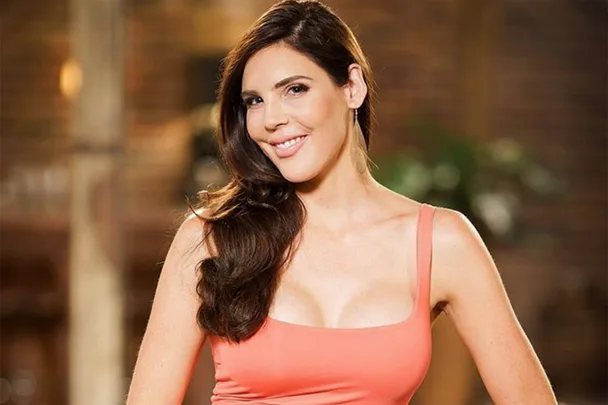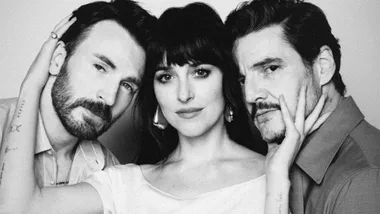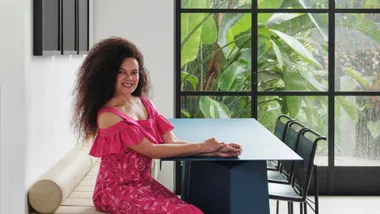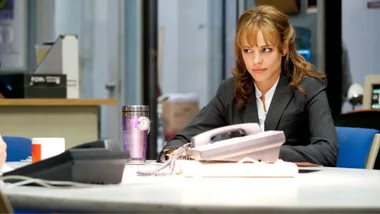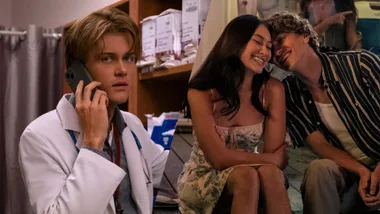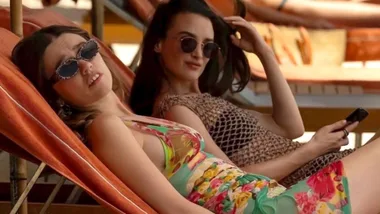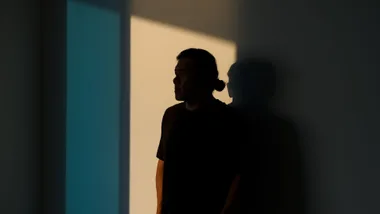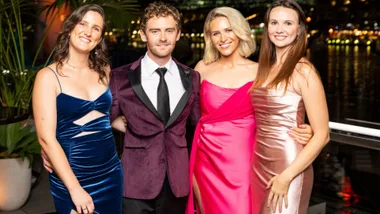Earlier this week, Married at First Sight star Tracey Jewel revealed she had admitted herself into a mental health clinic, after overdosing while stranded in Europe.
The mother-of-one went on to say she “started getting help” in April after a psychologist said she might have post-traumatic stress disorder.
“I’ve been bullied and cyber-trolled relentlessly, pretty much all year,” she told New Idea, previously writing on Instagram, “You’ve won trolls. I give up. You’ve ruined my life. You’ve involved my friends, family, clients and sponsors. I have lost everything because of your relentless hate. Hope you’re happy you’ve claimed another one.”
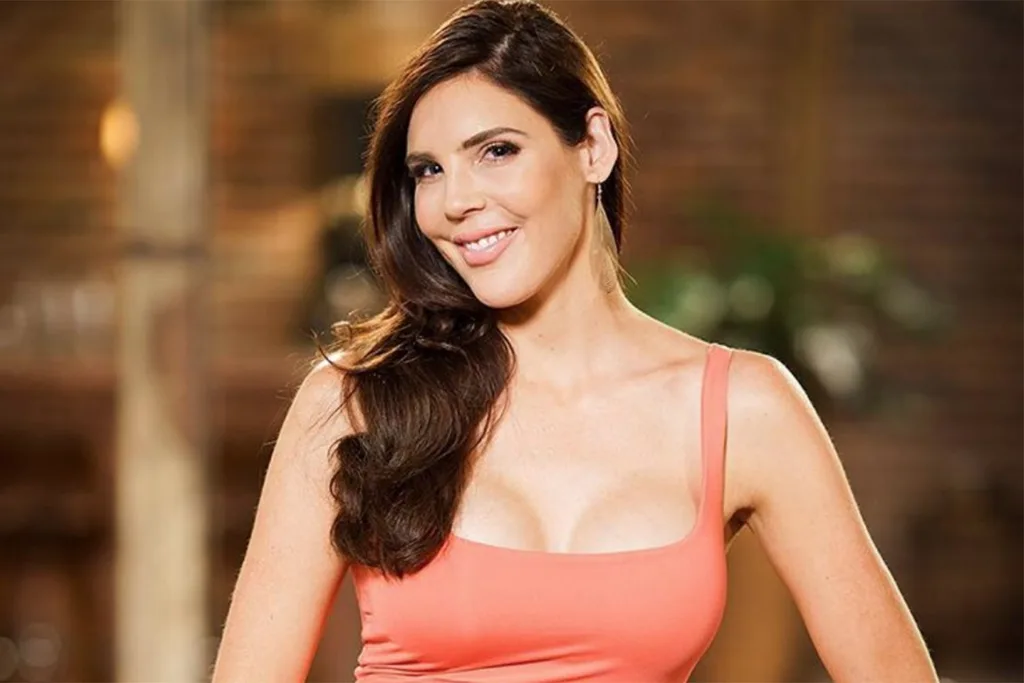
In Australia, reality TV is a huge part of our day-to-day lives. From Married at First Sight to The Bachelor to Survivor and now Love Island and Bachelor in Paradise, contestants are immediately known nationwide, critiqued online by both publications and fans on social media.
Tully Smyth, a contestant on 2013’s Big Brother, spoke out about the toll reality TV has on mental health in a blog post saying that upon leaving the show, “You struggle to slip back into your old life… you’re broke… you’re exhausted. Emotionally, physically, mentally.”
Last year, Australian Survivor contestant Anneliese Wilson opened up about her mental health struggles while on the show, saying “I was always feeling so down and low.”

“It’s hard to watch back knowing how I felt in those moments, and looking at the position that I was in,” she told News.com.au.
After the death of former Love Island UK star Sophie Gradon, many are taking a closer look at reality TV and the toll it has on contestants both during and after their time on our television screens.
Sophie, whose Twitter bio reads: ‘sold my soul to reality tv’, was open about her struggles with depression and anxiety, saying she wouldn’t recommend going on Love Island to anyone who also suffers from mental health conditions.
In the wake of her death, former Miss Great Britain Zara Holland, who was on Sophie’s season, has spoken to BBC, saying, “I can’t sit here and say that it was 100% Love Island that did this to [Sophie] but I think it was a contributory factor.”
Zara also revealed that she still feels anxious and depressed two years on.
“I never thought I’d be able to get out of this dark place I went to. It was really hard. It was a very weird experience and I never thought I’d be able to get better,” Zara said, before revealing she was referred to a psychologist and put on anti-depressants.
“When I sat down and talked to them we together pulled out the target points that triggered everything off and unfortunately that was from going on Love Island.”

Speaking to the Mirror, Zara revealed Love Island contacted her for the first time in two years after Sophie’s death. “Funny they call me now when something terrible has happened,” she noted, before saying: “People applying need to know how serious things can be, they see a claim to fame, they don’t see that in ten years’ time, when you’re married with babies, you’ll still be haunted for the rest of your life.”
In response, a spokesperson for the show said, “All of our islanders are offered psychological support before, during and after their time in the villa. We take our duty of care very seriously and this is always our top priority.”
In 2016, it was reported that there had been 21 deaths worldwide as a result of reality TV. Not only does Sophie’s death – and Tracey’s overdose – reinforce the need for constant and on-going support for contestants, but it’s a wake-up call to everyone who watches the shows to be mindful of the real humans on screens and what we say to or about them.
If you or anyone you know needs help or advice, please call Lifeline (131 114) or Beyond Blue (1300 22 4636).
